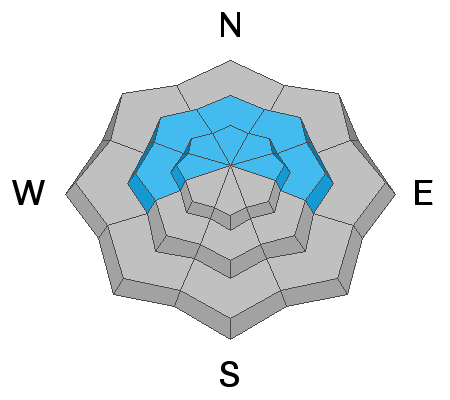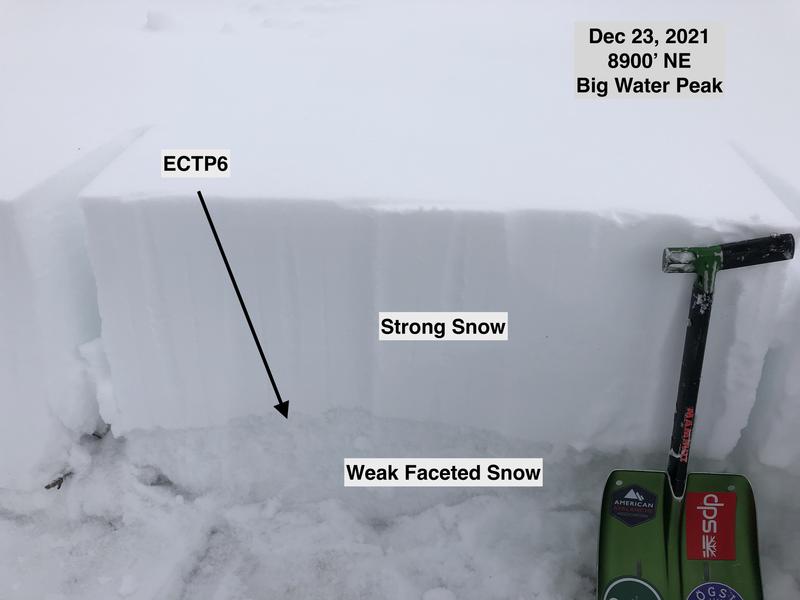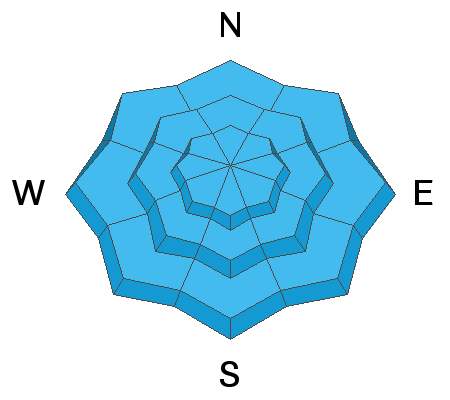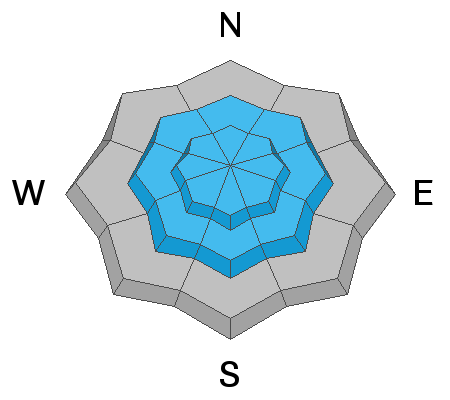Forecast for the Salt Lake Area Mountains

Issued by Greg Gagne on
Friday morning, December 24, 2021
Friday morning, December 24, 2021
Heavy snowfall and strong winds have created dangerous avalanche conditions. The avalanche danger is HIGH on all upper elevation aspects and on mid-elevation aspects facing west through north and east. There is a CONSIDERABLE avalanche danger on mid elevation aspects facing southwest, south and southeast. Low elevations have a Moderate avalanche danger.
Both natural and human-triggered avalanches are likely. Travel in avalanche terrain is not recommended.
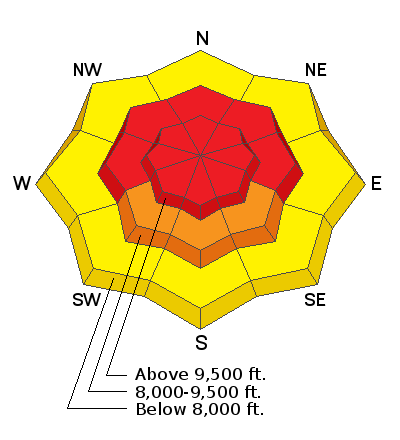
Low
Moderate
Considerable
High
Extreme
Learn how to read the forecast here


